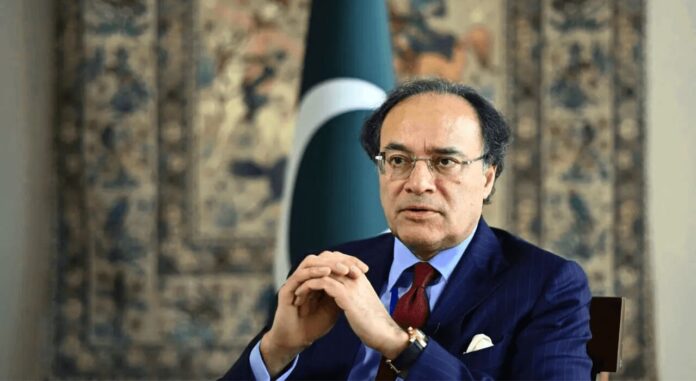ISLAMABAD: The National Tax Council (NTC), chaired by Finance Minister Muhammad Aurangzeb, held a crucial meeting on Wednesday to address tax reforms and harmonisation strategies. Federal and provincial stakeholders participated in the session, which was convened against the backdrop of the recently signed National Fiscal Pact. The pact emphasises the importance of fully realising tax potential in under-taxed sectors, such as real estate, property, and agricultural income, according to a statement from the Finance Division.
The council’s agenda included discussions on improving data sharing and tax digitisation to strengthen collaboration between the Federal Board of Revenue and provincial revenue authorities. Participants explored leveraging digital tools to streamline tax collection and enhance data analysis. Efforts to harmonise the General Sales Tax across provinces were also discussed, including the transition to a unified tax portal to improve efficiency and transparency.
The meeting also reviewed provincial tax reforms, focusing on enhancing agricultural income tax and property taxation while ensuring alignment with federal policies. Strategies to broaden the tax base by transitioning GST on services to a more comprehensive framework were explored, with a view to aligning with international best practices to reduce ambiguities and improve administration.
The council emphasised the need for cohesive policy implementation, capacity building, and stakeholder engagement to ensure sustainable tax reforms. Finance Minister Aurangzeb reiterated the government’s commitment to fostering collaboration among all stakeholders to create a unified and efficient tax system. The meeting concluded with a set of actionable steps to advance the discussed reforms.
Earlier this week, the finance minister highlighted the importance of staying the course on the reform agenda to ensure Pakistan’s current $7-billion IMF programme, approved in September, is its last. Speaking to the National Assembly Standing Committee on Finance, Aurangzeb noted that long-term economic stability depends on reforms in taxation, energy, state-owned enterprises, and public finances.
The IMF’s first review of Pakistan’s progress under the Extended Fund Facility is scheduled for the first quarter of 2025. Aurangzeb stressed the importance of maintaining momentum, stating that there was no room for complacency in achieving sustainable economic growth.




